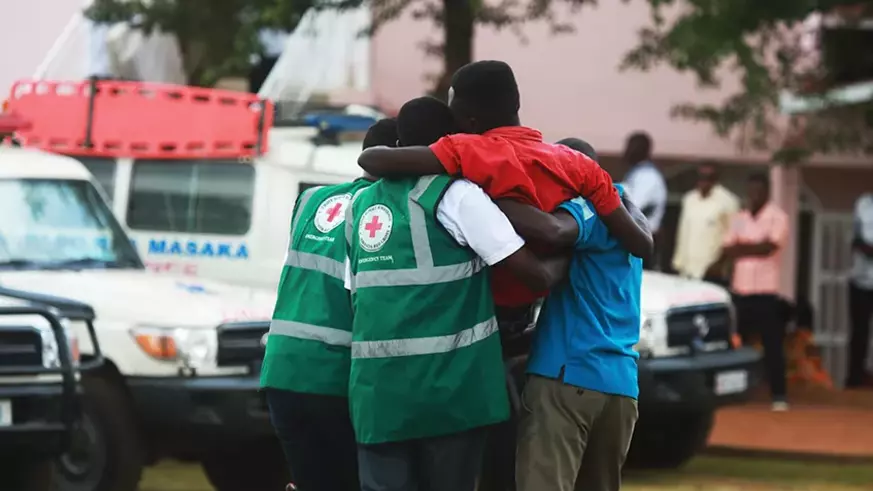
Today, Thursday 7th April 2022, marks the start of kwibuka 28 (the 28th anniversary of the 1994 Genocide against the Tutsi in Rwanda) and the commemoration of the UN International Day of Reflection on the 1994 Genocide against the Tutsi in Rwanda.
As we know from previous commemorations, mental health support is particularly important for survivors at this time – so it is reassuring that survivors have received a commitment from the Government of Rwanda that access to it will be prioritised.
Through our own ongoing programmes, including the Counselling Extension Response Project (CERP II) made possible by support from Clifford Chance, the Young Survivors Counselling Project made possible by Network for Africa, and the AERG Legal and Counselling Helpline made possible by INSPIRE!africa, Survivors Fund (SURF) is also playing a role over the commemoration period and beyond. We thank all our donors, and supporters in enabling us to continue and extend this vital work. As we note from the article appended below, the need continues to be great.
We take this opportunity to wish all survivors, and their families, strength over the commemoraiton period ahead. Our thoughts are with you.
Govt reassures Genocide survivors of mental health support
By Emmanuel Ntirenganya, The New Times
Rwanda Biomedical Centre (RBC) and partners have said they are ready to deal with trauma and other mental health issues that might affect genocide survivors.
The reassurance was made on April 5, during a press briefing ahead of the 28th commemoration of the 1994 Genocide against Tutsi – Kwibuka 28 – which will commence on Thursday.
Trauma is a severe emotional or mental distress caused by a deeply distressing or life-threatening event; in this case, the loss of a loved one(s) during genocide or related cases such as rape.
Over a million people were killed during a three-month period during the 1994 Genocide against the Tutsi, leaving survivors in horror and grief-stricken because of losing their loved ones, and even being subjected to dehumanising acts such as rape against women.
According to Dr Yvonne Kayiteshonga, Mental Health Division Manager at RBC, among the youth who suffer from mental health issues, most of them are the children of genocide survivors.
A 2018 study by the Ministry of Health revealed that, overall, trauma among Genocide survivors was at 27.9 per cent.
“We are ready to support genocide survivors with the right personnel and tools,” Kayiteshonga said, disclosing that they have assembled a team of 80,000 therapists countrywide.
During last year’s commemoration, 2,628 cases of genocide survivors suffered from trauma, Kayiteshonga revealed.
Out of these, 39 per cent were effectively helped to recover from it, while 61 per cent sought further help through community-based healing groups.
Meanwhile, she said that trauma healing cannot be achieved when there is no justice.
She called on Rwandans to avoid using words that hurt genocide survivors.
Sandrine Gikundiro, District Counsellor at AVEGA Agahozo said that the commemoration period is particularly challenging time for women who were raped during the genocide.
This situation, she said, aggravated the trauma condition among them.
“We have about 26 groups that help those who suffer from chronic trauma or that which occurs during the commemoration period,” Gikundiro said.
Increase in mental illness cases at health facilities
In order to deal with mental health issues, Kayiteshonga said, the government decentralised mental healthcare services, bringing the service closer to the people.
The number of people suffering from mental illness who received regular healthcare doubled within two fiscal years from 200,000 in 2019-2020 to 400,000 in 2020-2021.
Elaborating on the data, Kayiteshonga said that the situation does not mean that the number of patients increased, but rather more people are having more trust in mental health services.
“One of the challenges to mental health service in Rwanda and elsewhere in the world is lack of uptake of that service because of stigma, or inability to access it,” she said.
